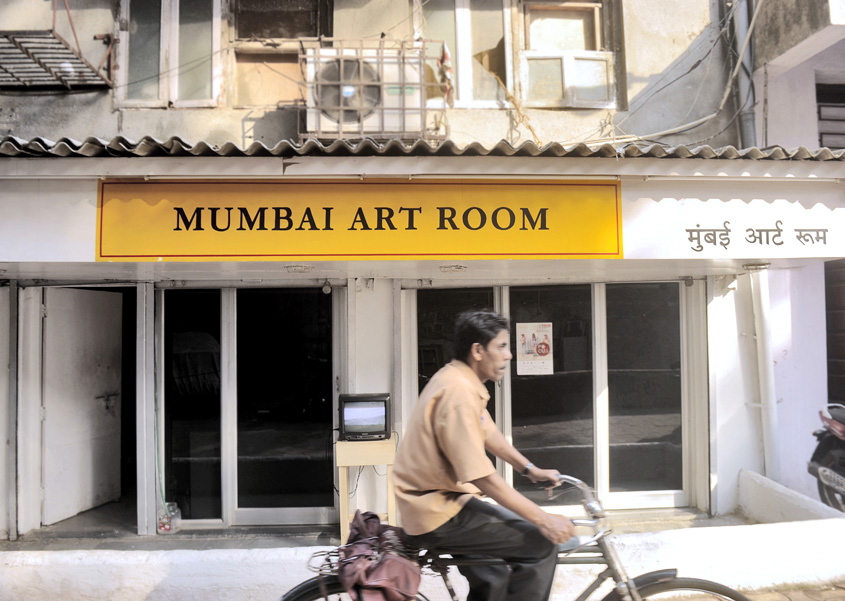Every year, Mumbai Art Room will select four curators, either chosen through an open call or nominated by an established curator. One participant will be chosen by the jury which comprises Indian and international figures from the world of art.
Susan Hapgood, founder, Mumbai Art Room, talks about how the idea of creating this curator’s hub struck her. “The idea arose because there is a need for emerging curators to organise art exhibitions as their practice, and most of the larger museums are not yet ready to give them control at the start. Also, there are few opportunities for visiting curators from other countries to curate inside India, which will be supported here. Curators play an important role in facilitating the presentation of contemporary artists’ work, contextualising it, connecting it to other cultural phenomena,” says Hapgood.
Eve Lemsele, Managing Director, Mumbai Art Room, speaks to Guardian 20 on the mentoring process of the selected curators. “The curatorial committee will provide conceptual mentoring, and me being an art manager and producer myself, will mentor the curators on the ground about how to execute exhibitions. The curators are to be guided in stage design, lighting and art management. The overall mentoring process would be quite different for each of the curator. We wish to share our experiences as arts professionals with the curators who are selected.
Reha Sodhi from Delhi is the first curator selected for this programme. She has had an abiding interest in architecture. For her Mumbai Art Room stint, Sodhi has proposed to organise an exhibition around Ghost Lines, a broad selection of artworks by Ayesha Singh. Sodhi says, “The project will aim at creating awareness of Mumbai’s heritage architecture and its coexistence within the contemporary framework. Ayesha Singh’s interest in post-colonial architecture reveals a study of buildings that were constructed using appropriated features and fragments of structures from various countries and cultures. She works with two-dimensional processes, such as photography or drawing, to create three-dimensional expressions and experiences through static as well as kinetic sculptures, and installations.”
This particular show will be organised by Sodhi, with the help of her mentors, at the Mumbai Art Room sometime around mid-December.
“This particular show will be organised by Sodhi, with the help of her mentors, at the Mumbai Art Room sometime around mid-December.”
In her work, Singh questions how far architecture attempts to define an area, its people and their identities. Talking about this collaborative project with Reha Sodhi, Singh says, “I am extremely thrilled to have the opportunity to take part in conversations with distinguished curators and scholars, coming from various geographical locations, histories, perspectives and research fields. Through discussions and mentorship, I look forward to see how the show begins to take form.”

To start the official launch of the Mumbai Art Room and support its work as a Curatorial Lab, artists Subhodh Gupta and Dayanita Singh have also donated funds collected from the sale of their recent artworks. Diana Campbell Betancourt, mentor for the programme, talks about using the works of these leading artists to start the launch. “Dayanita rethinks the model of what a museum is and pushes forms for exhibition-making which is exactly what we do at the Mumbai Art Room. We wanted to bring new value to the table with our benefit event—when there are benefit auctions the artists and galleries who support them lose funds they would have earned if selling the donated work for themselves. Subodh’s plate is an extension of his long-term interest in food and we are thrilled that this edition will nourish new curatorial voices in India through the success of the sales. It’s also not something that can be auctioned later. It is a priceless gesture of generosity,” says Betancourt.

